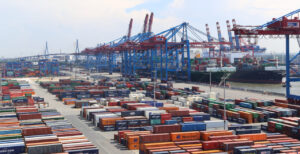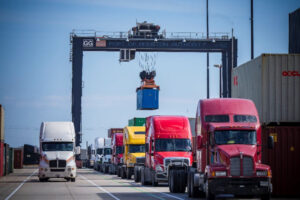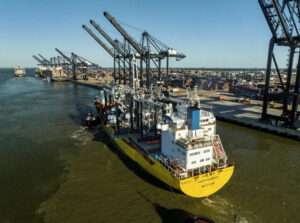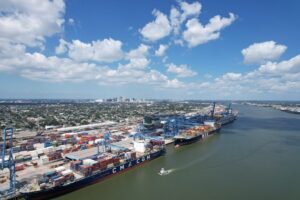Ships have been classed as not being any more efficient than they were around two decades ago, with claims that they are 10% less fuel efficient today compared to 1990, according to a study commissioned by environmental groups Transport & Environment and Seas at Risk, reports gCaptain.
In a previous article published by PTI, Simon Bennett of the International Chamber of Shipping (ICS) said that the recent sulphur cap of 0.5% could easily cost the shipping industry around US$500bn over the next 10 years.
Bill Hemmings, Clean Shipping Manager at Transport & Environment, said: “The truth is out. Aircraft and cars have become more fuel efficient, but despite a generation of technological improvements, ships have largely gone backwards for most of the past 25 years.
“The IMO’s design efficiency standard for new ships itself needs a redesign and strengthening if the standard is not supposed to merely bring us back to levels achieved 25 years ago.”
The ICS has previously said that it is confident that shipping in the arctic region will become cleaner under the International Maritime Organization’s low-sulphur rules.
Maersk has recently implemented an eco-friendly container initiative in a bid to lower emissions in ports, with maritime services company Tote set to launch the world’s first LNG containership in San Diego, US on April 18, 2015.








